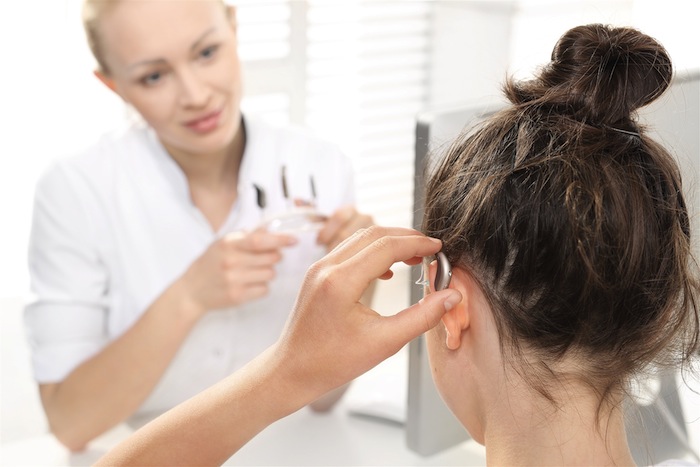
Gels and Gene Therapy: New Ear Treatments to Consider?
According to the World Health Organization, 1.1 billion people are at risk of hearing loss. The unsafe use of personal audio devices is considered as one of the major factors in contributing such loss. When teenagers and young adults are exposed to damaging levels of sound produced by their smartphones or in entertainment venues like nightclubs, the chance of losing their sense of hearing increases.
So if you are going to spend your youth attending rock concerts, sporting events, or going out in nightclubs regularly, surrounded by the live and loud sound from nearby speakers, it won’t be a surprise if in the future, you will be diagnosed with a hearing problem. When this time comes, it will be very difficult for you to listen to any music at all.
Today, there are several innovative ear treatments being offered to the market to prevent or even reverse hearing loss. The most popular ones are gels and gene therapy.
Gels Still on Trial
Auris Medical Holding AG and San Diego-based Otonomy Inc have introduced these particular drugs, which are molecules suspended in gels. These will be then injected through the eardrum into the middle ear and eventually disperse into the inner ear.
The drug has been tested on chinchillas deafened by the simulated noise of an M16 rifle at a Navy medical center in San Diego. Results are expected to come out next year.
The Use of Gene Therapy
Swiss pharma giant Novartis AG is working with GenVec to use gene therapy and help hearing loss patients. According to GenVec Chief Executive Officer Doug Swirsky, he is hopeful that this treatment will work for patients who have lost their hearing at a young age.
Gene therapy will be used to stimulate the growth of hair cells. With the goal of regenerating hair cells, this treatment is expected to restore function in the inner ear.
Protect Your Ears
While these new ear treatments are a good sign that there’s always hope for hearing loss patients, we should keep in mind that prevention is still better than cure. Protect your ears every time, everywhere. Keep your volume down on personal audio devices, wear earplugs when visiting noisy places, and use carefully fitted noise-cancelling headphones.